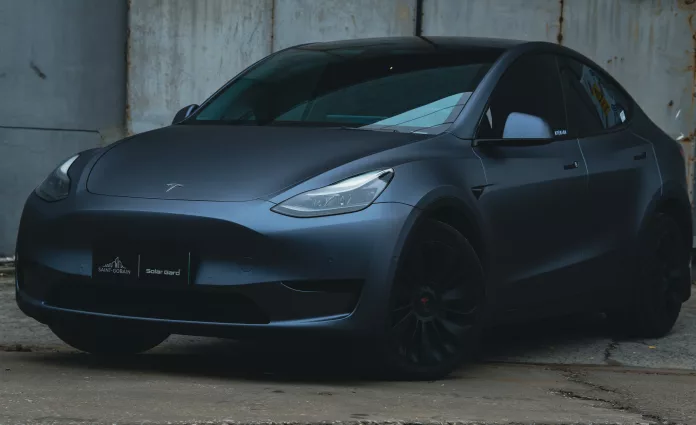Tesla has responded to a somewhat underwhelming first quarter regarding electric vehicle (EV) deliveries by implementing aggressive pricing strategies. Prices for Tesla’s Model Y, Model S, and Model X have seen reductions of roughly $2,000. Moreover, Tesla is offering significant discounts on its Full Self-Driving (FSD) capabilities, slashing the monthly subscription fee in half—from $199 to just $99, and reducing the one-time purchase option from $12,000 to $8,000. Additionally, owners who already have the Enhanced Autopilot package can upgrade to FSD for $2,000. Such measures are poised to bolster sales and perhaps enhance the adoption rate of Tesla’s FSD technology, although these price cuts are not deemed a long-term solution. Amidst these changes, Tesla has also declared the wind-down of its referral program as of April 30, 2024.
The End of an Era: Tesla’s Referral Program
The referral program, reintroduced in May 2023 for car purchases, has fostered a community of Tesla enthusiasts eager to share their passion with others. Customers who referred new buyers were rewarded with credits redeemable for Supercharging miles, Tesla accessories, or even performance upgrades. Despite its success, caps were introduced limiting referrals to 12 annually, much to the ire of Tesla’s more prolific referrers. This popular program represented more than just rewards—it forged a connection between Tesla owners and the brand’s growth.
Implications of Canceling the Referral Program
In discontinuing the referral program, Tesla is sending mixed messages. On the one hand, cost efficiencies are cited; on the other, it stifles the word-of-mouth advocacy critical to countering false claims that plague the EV space. Misinformation surrounding EVs is rampant, with bogus assertions that EVs pollute more than gas cars, are prone to fires, or falter in colder climates. These myths persist despite evidence to the contrary, such as Tesla’s popularity in colder regions and lower likelihood of vehicle combustion compared to gas-powered counterparts. With scrutiny intensifying, now is not the moment for Tesla to silence its passionate customer base—it’s the time to stand united and vocal.
The Fight Against Misinformation and the Role of Marketing
Tesla’s foray into marketing last year, with a modest $6.4 million investment, represents a mere fraction of the advertising budgets of titans like Apple and Samsung. With EV adversaries amplifying their narrative, Tesla must up its marketing game. Confronting a barrage of disparaging misinformation requires a robust and strategic marketing presence—a lesson well-heeded by market leaders across various industries.
For Tesla and EV proponents, combating misleading information is a perennial challenge. Mere advocacy from owners, though commendable, lacks the clout of concerted marketing efforts. To emphasize the manifold benefits of EVs—safety, environmental friendliness, driving experience, and ownership costs—more firepower is needed. Should Tesla and other EV companies opt for retrenchment at this critical juncture, the movement for cleaner transportation may falter.
Moving Forward with Resolve
The stage is set not for retreat but for advancement. Tesla, at this pivotal moment, should embrace the crusade for a sustainable future with stronger messaging, outreach, and boldness. It’s a call to arms for Tesla and its loyal supporters to champion the truth about EVs and continue propelling the industry forward, despite the headwinds they face.


























